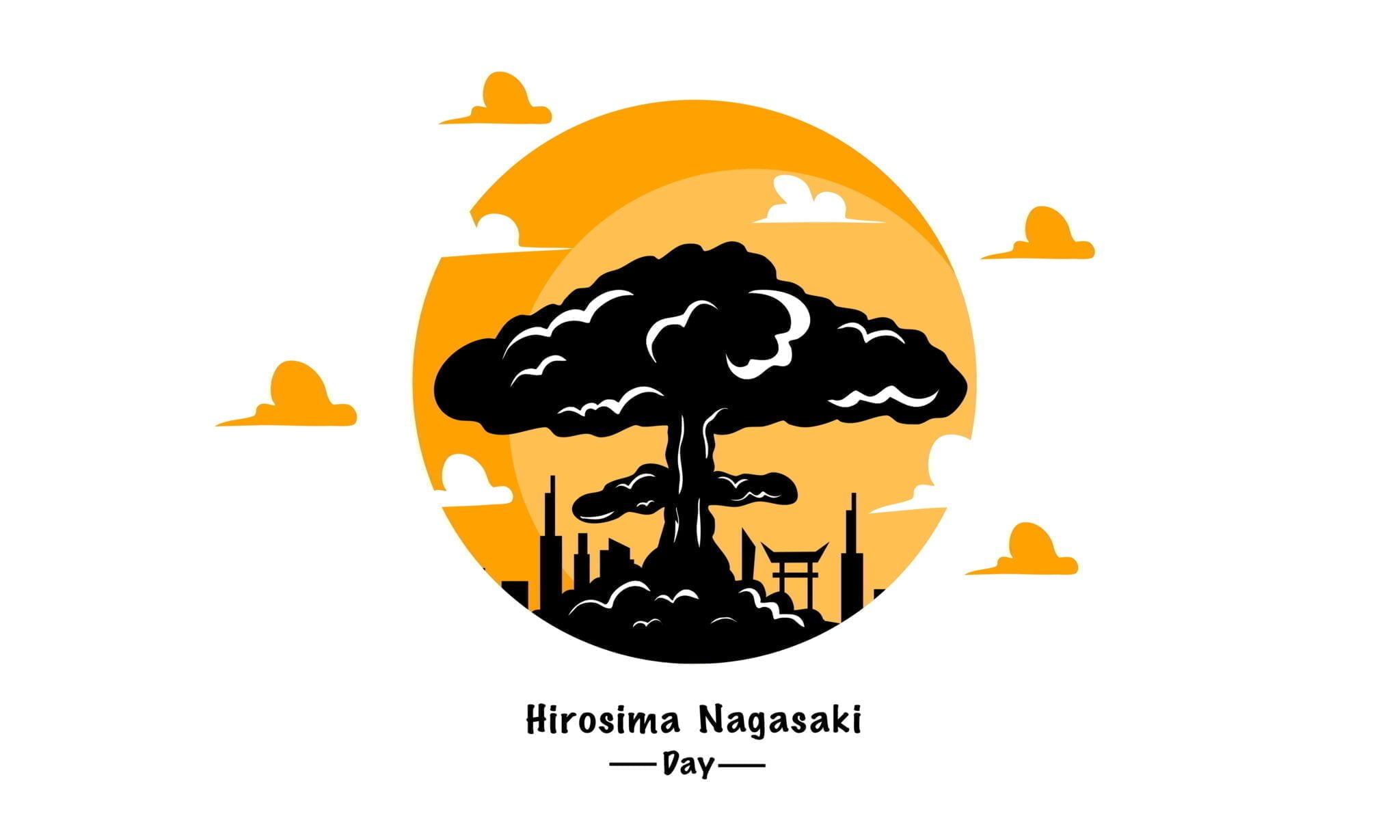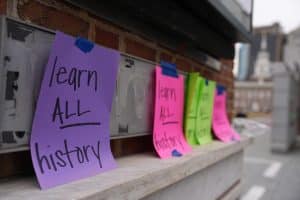Why did we stain the glass
rather than create an ordinary window?
Why did the carpenter make pews
without comfort, without privilege, just
one handicapped section? Why did we
have to have a sacrificial altar,
a dinner table without chairs, a vestal
virgin the only one qualified
to handle the bread and the wine?
Why did we ring a bell at the imitatio
of the Last Supper? To wake the day-dreamers,
those hung-over from late night revelry?
Why did we light candles in an already
lit room? Why was incense necessary?
To represent the one who got away
from the undertaker, resurrected
not from the grave, not from
the womb of the mother, but from the tomb,
the containment structure?
–
Why do we
stain glass? To dim the outside world
just enough to make incense visible?
Smoke seeking a way out, beyond
the tinted frames held together by
what I was told, as a child, was the world’s
heaviest metal? But I would later learn
plutonium, uranium were heavier.
–
In the center of Hiroshima,
450 meters from Ground Zero,
stood the Nagare-Kawa Church
with an inspiring steeple, windows
designed to beautify ordinary light,
a sanctuary designed to transform
ordinary language, ordinary thinking, to:
“Father forgive them, for they know not
what they do.” Every church is constructed
by a bricklayer, a carpenter, a stain
glass artisan. “Greater works than these
you shall do,” it was once said– so that we
would know that hands taught to fly
the Enola Gay could turn a window to a rose.







